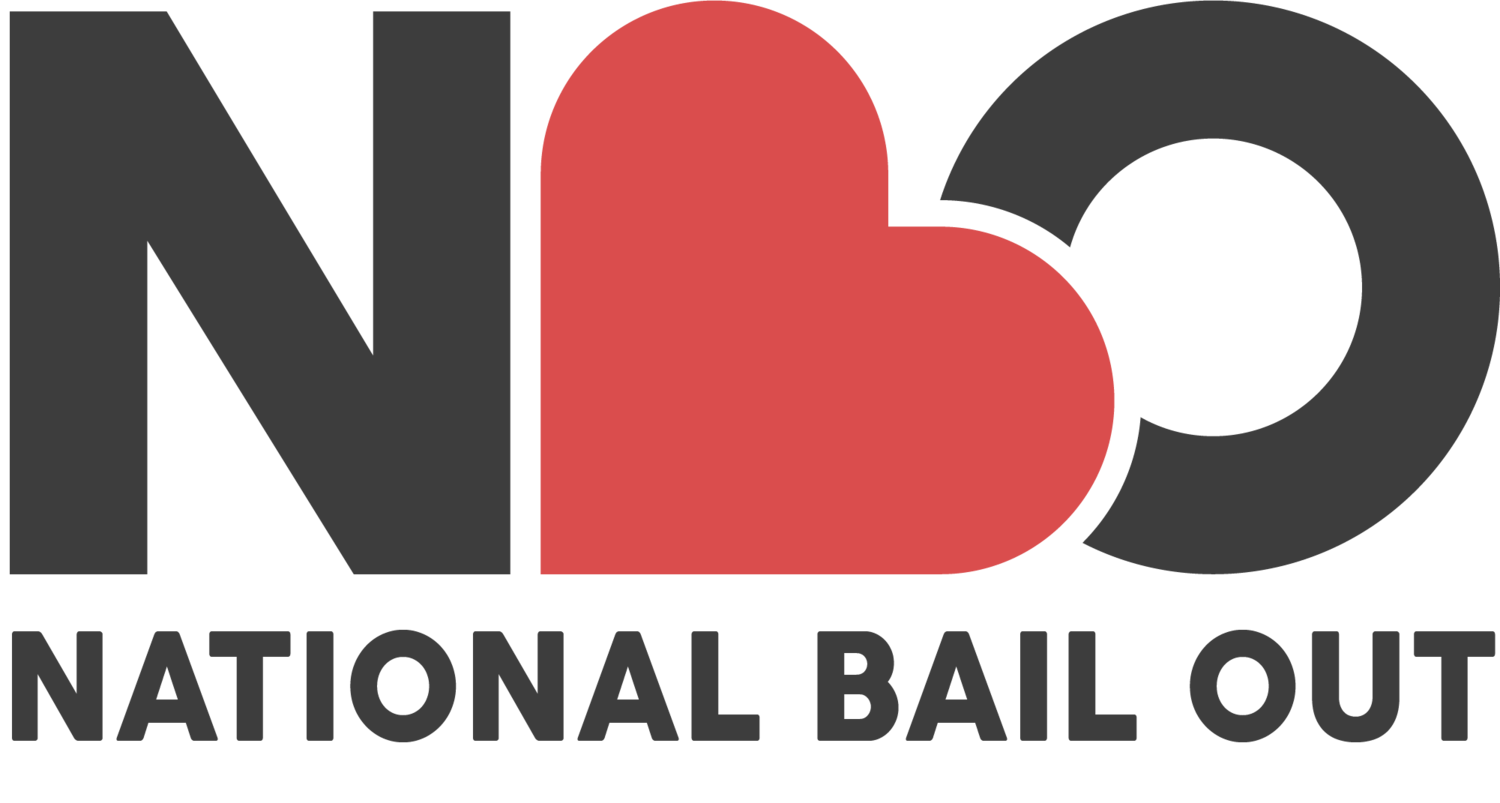This curriculum is the product of a convening of over twenty Black-led base-building organizations that discussed the implications of bail and bail reform for Black communities across the country.
A subset of convening participants formed a working group that developed this curriculum. We understand ending bail as a limited but necessary step toward ending our community's mass criminalization and incarceration. Together, we seek to ensure that communities most impacted by oppressive policing and incarceration are centered as experts in formulating alternatives to pretrial detention and incarceration.
We recognize that we cannot enact reforms that move our communities closer to liberation without a historically grounded understanding of the inherent anti-Blackness of our criminal punishment system and an exploration of how many proposed reforms continue to re-entrench oppression and prioritize profit over people. We, therefore, advocate for reforms that shift state resources away from punitive and ineffective systems and reallocate the trillions of dollars currently wasted on criminalizing our people to community-controlled and accountable alternatives that respect the dignity and humanity of all people. We cannot support reforms that make it more difficult to dismantle oppressive institutions.
To support work that does not re-entrench current racial and other disparities, profit private corporations and public institutions, or legitimize false narratives that paint some of our people as disposable, we have created this popular education curriculum to engage our communities and support ongoing bail reform work. The curriculum was created through a collaborative effort that included contributions from the Movement for Black Lives Policy Table, Color of Change, Project NIA (with the Chicago PIC Teaching Collective), W. Haywood Burns Institute, Brooklyn Bail Fund, Law 4 Black Lives, Critical Resistance, Southerners on New Ground and Andrea Ritchie.
